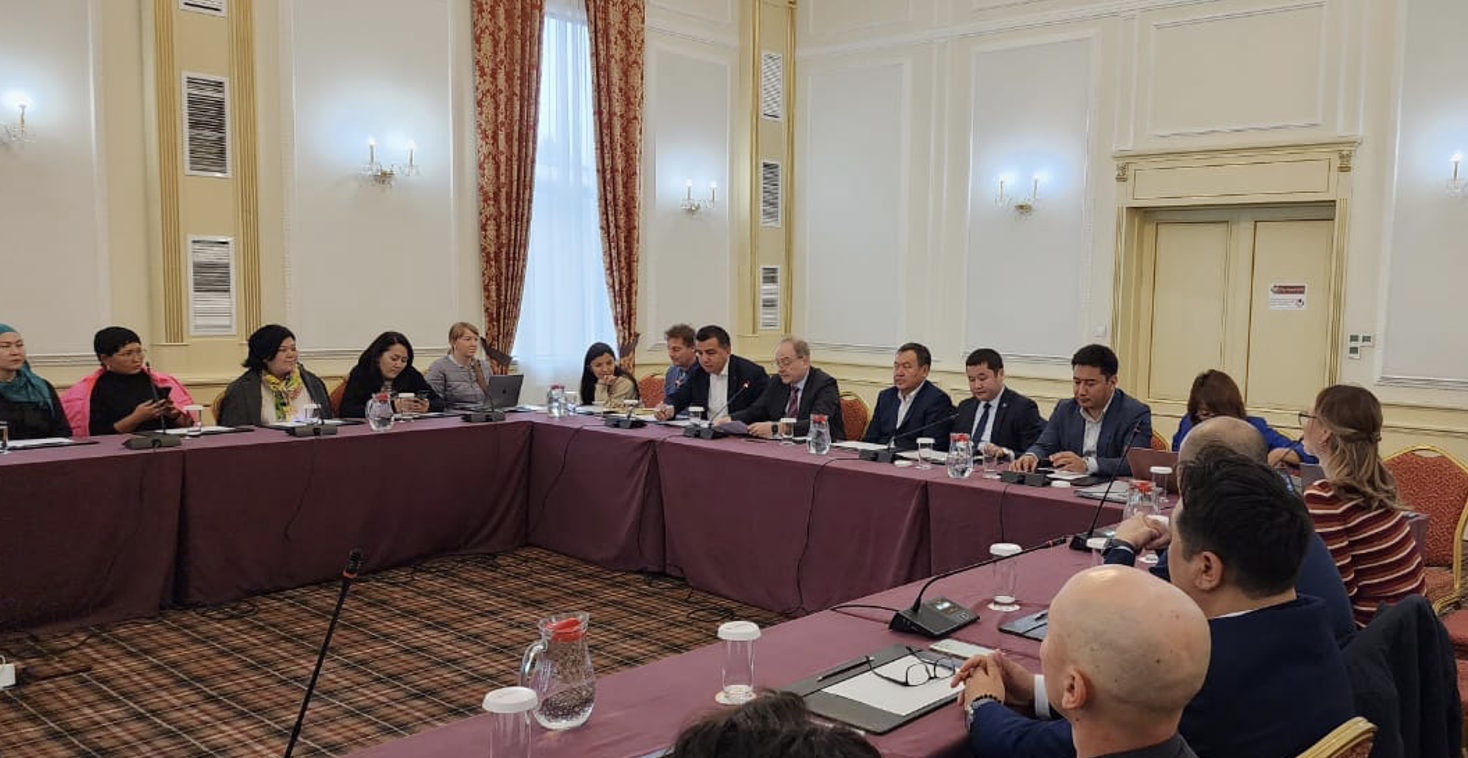
The tourism sector is recognised by the Kyrgyz Government as one of the key sectors for the economy and is expected to grow in size in the upcoming years. Prior to the pandemic, tourism has contributed 4 percent to GDP and employed 3.6 percent of the workforce, and this was continuously increasing in the five previous years.
According to a World Bank analysis (2021), before the COVID-19 outbreak, Kyrgyzstan was in in the process of realising its potential for growth and job creation in tourism, leveraging two key market segments: soft adventure – boosting ecotourism and cultural experiences in highland areas, and promoting visits to attractions such as the Lake Issyk-Kul; and winter tourism – attracting visitors to its skiing destinations.
Since their launch in 2020, three EU funded SWITCH-Asia projects focusing on promoting Sustainable Consumption and Production (SCP) in the Kyrgyz tourism sector have spearhead initiatives promoting green tourism, destination awareness and outreach, energy and resource efficiency, and addressing and providing solutions to the sector’s current sustainability challenges. These projects are:
- GREENTOUR − Replicating tourism industry sustainability best practices into the Kyrgyzstan and wider Central Asian tourism supply chain through an integrated business led approach
- PERETO − Promotion of energy security and sustainable growth through increased energy and resource efficiency in tourism SMEs in Kyrgyzstan
- SET – Sustainable Energy for Tourism via promoting energy efficiency and renewable energy in the community-based tourism sector in Central Asia
The Government of Kyrgyzstan has strongly expressed the need for an enabling framework for integrating SCP and Circular Economy approaches in the tourism sector. Through the Tourism Department of Ministry of Culture, Information, Sports and Youth Policy, the SWITCH-Asia SCP Facility has been requested to conduct an analysis of the gaps in existing laws, financial instruments and capacity development opportunities.
Key expected results of the policy support include:
-
Enhanced understanding of the critical institutional factors for the uptake of SCP and CE in the tourism sector of Kyrgyzstan;
-
Strengthening expert knowledge on enabling factors leading to SCP and CE practices in the area of hospitality and tourism;
-
Enhanced understanding of opportunities for strengthening enabling conditions for the transition of the national tourism sector towards a circular economy.
The workshop that took place on 19 October 2022 at the “City Hotel”, in Bishkek gathered over 30 participants including representatives from government, private sector, tourism SMEs and academia.

Mr. Samat Shatmanov, Deputy Minister of Culture, Information, Sport and Youth Policy, Director of Tourism Department highlighted that sustainable tourism is one of the important priorities in the Kyrgyz Republic and expressed the Government's full support of EU efforts contributing to making tourism more circular and effective.
Mr. Hans Farnhammer, Head of Cooperation of the EU Delegation to the Kyrgyz Republic confirmed the EU's committment to supporting the tourism sector in the country, as well as the broader green economy framework, including through the grant projects funded by the EU SWITCH-Asia programme.
During the workshop there was general consensus among participants that challenges persist in the transition of the national tourism sector towards a circular economy. These include the lack of awareness about SCP solutions among tourism SMEs and a high demand for green financing in the tourism sector. Workshop discussions will be integrated into the upcoming SWITCH-Asia Policy Report on Circular Economy in the Tourism Sector of Kyrgyzstan, which will be published in November.


